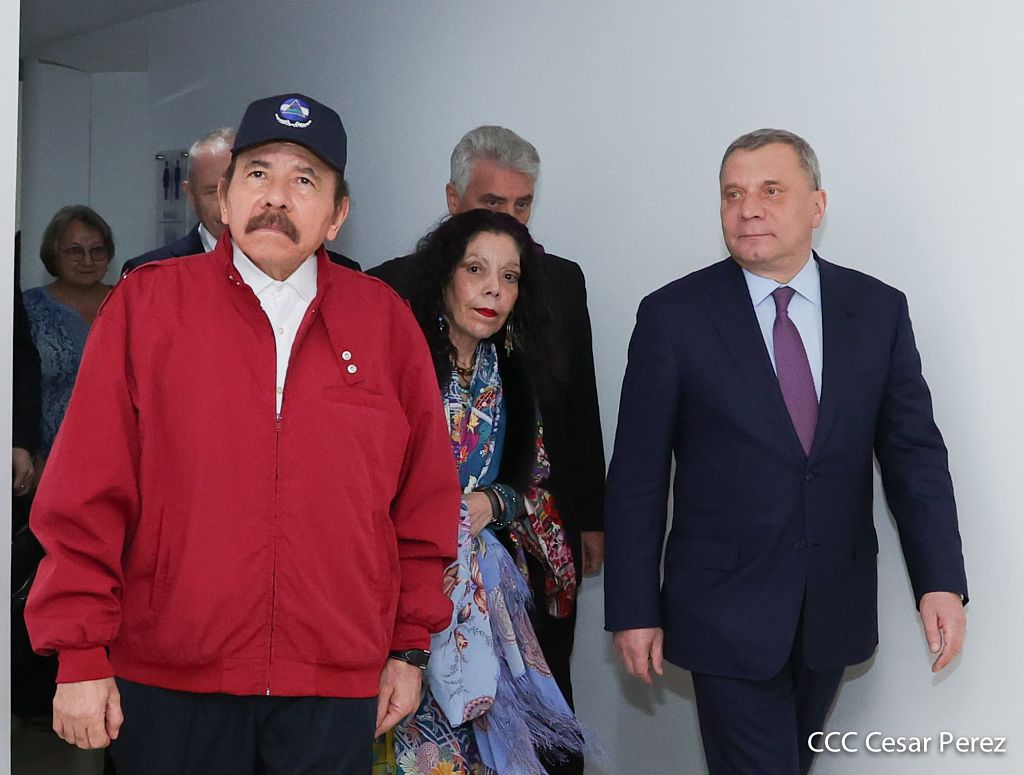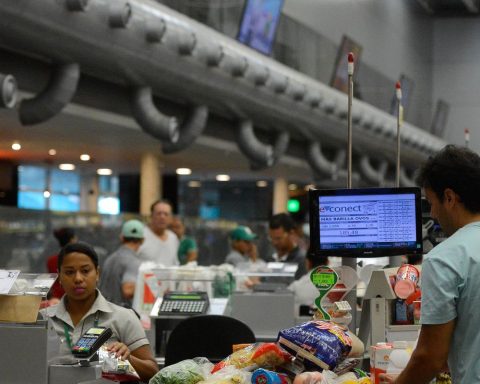Afp, Reuters and Europe Press
Newspaper La Jornada
Sunday, February 27, 2022, p. 5
Washington. The President of the United States, Joe Biden, and the President of the European Commission, Ursula von der Leyen, announced yesterday the intention to suspend Russian banks from the Swift financial mechanism (World Society for Interbank Financial Telecommunication) and from paralyze the international assets of the Central Bank of Russia, as part of the harshest battery of economic response measures against the Kremlin since the beginning of the Russian invasion of Ukraine.
With the exclusion of certain select banks
of the Swift, additional measures are added against the deployment of international reserves of the Central Bank of Russia
as well as the ban on Russian oligarchs
to carry out operations in Western markets, in addition to blocking their citizenship processes based on their investments abroad, the so-called golden passports
.
Russia has become a global economic and financial pariah, and now its central bank cannot support the ruble
said an unnamed senior Washington official.
Only Putin can decide how much additional cost he is willing to bear.
he said, adding that a working group will chase yachts, jets, cars and luxury homes
of the Russian oligarchs.
Germany said it was willing to accept a limitation focused and functional
Russia’s access to the Swift interbank connection system, in retaliation for the invasion of Ukraine.
We are working on how to limit the collateral damage of an exclusion (of Russia) from the Swift system, so that (the measure) affects the right people
German Foreign Minister Annalena Baerbock and her Economics counterpart Robert Habeck said in a joint statement. Germany and Hungary expressed fear of applying this sanction to Russia for fear that its gas supply to Europe would be affected.
According to the website of the Russian national association Rosswift, Russia is the second country after the United States in number of users of this system, with some 300 member banks and institutions.
Specifically, this system allows, for example, a country like Germany to pay electronically for its purchases of Russian gas.
This fear is not shared by the United States, the United Kingdom, Europe and Canada, which pledged yesterday to withdraw some Russian banks from the Swift payment system, deploying what the French Economy Ministry described as financial nuke
for the damage it would cause to Russia and its partners.
Russian banks transact $46 billion a day, 80 percent of it in dollars, according to the Treasury Department; by kicking Moscow out of Swift, it will no longer be able to transact with Japanese or European institutions through US banks.
Still, its business with the BRICS countries, which are Brazil, India, China and South Africa, will not be affected.
According to one of Germany’s leading digital currency experts, Philipp Sandner, an economist at the Frankfurt School of Finance & Management, at least theoretically, Russia has two alternatives to Swift in the field of digital currencies. On the one hand, Russia could switch to classic cryptocurrencies. On the other hand, President Vladimir Putin could try to link his country to the new Chinese digital currency e-Yuan.
Russia also has reserves deposited in other countries and, at least for now, they have not been affected by the sanctions.

















